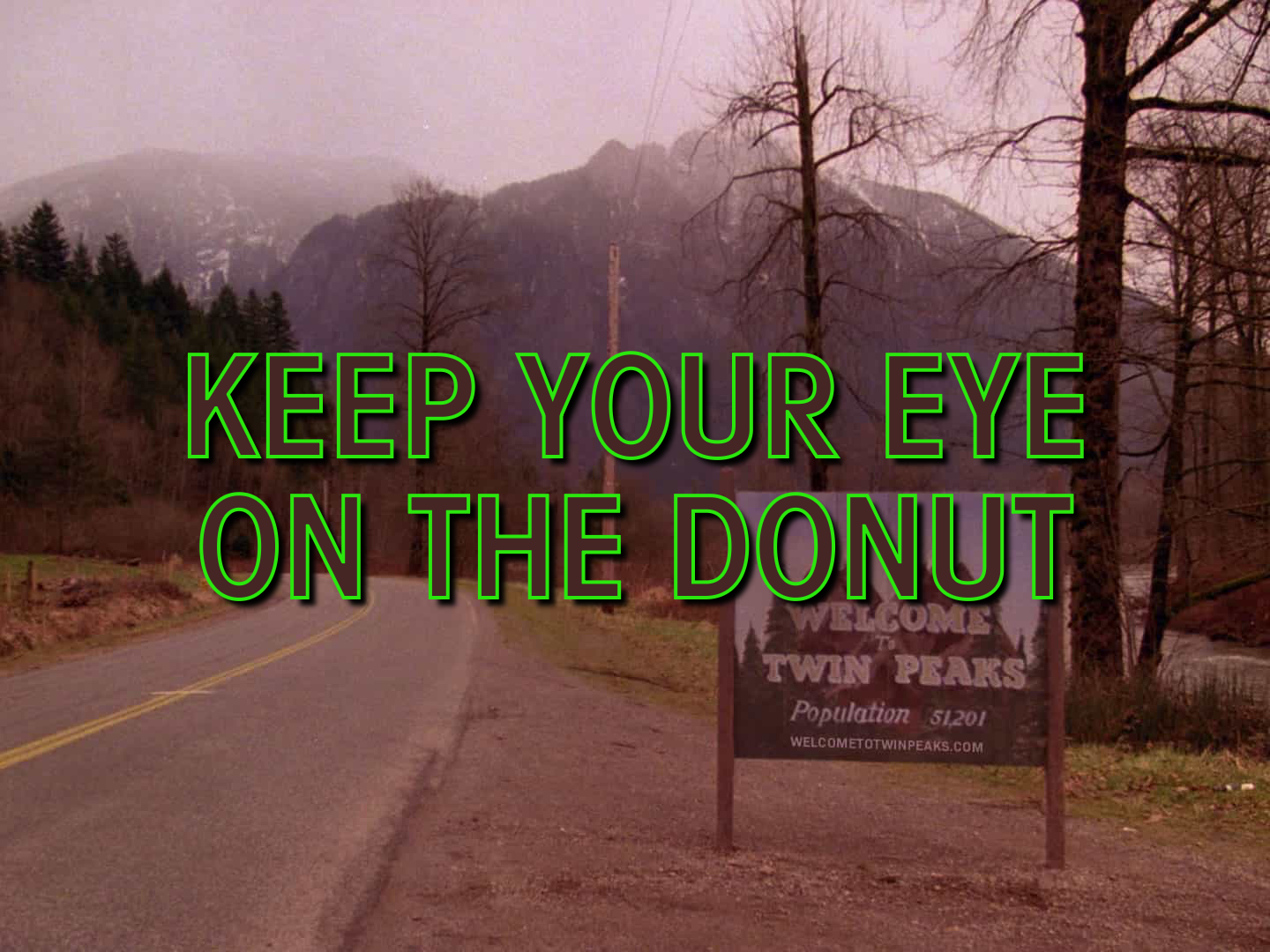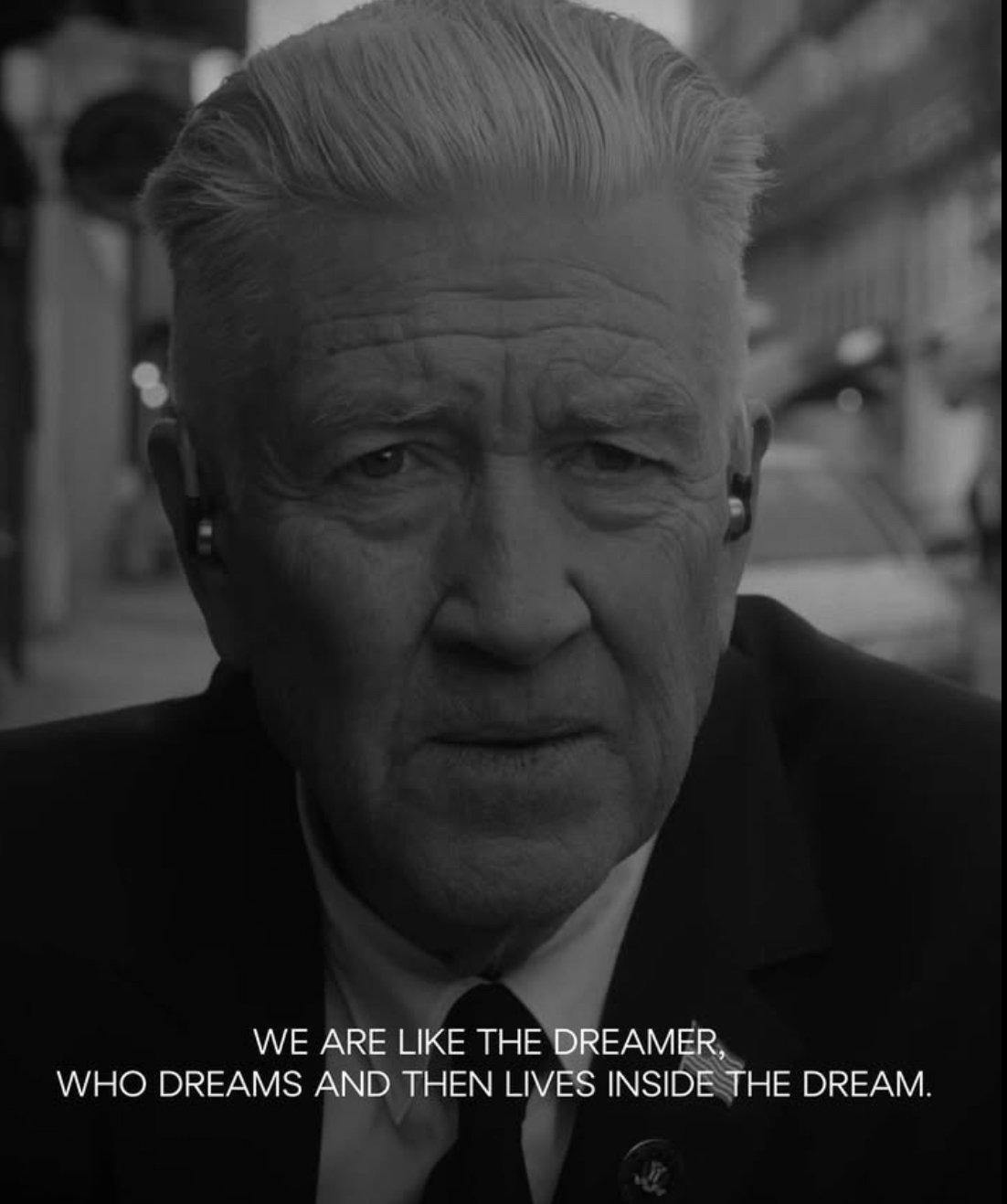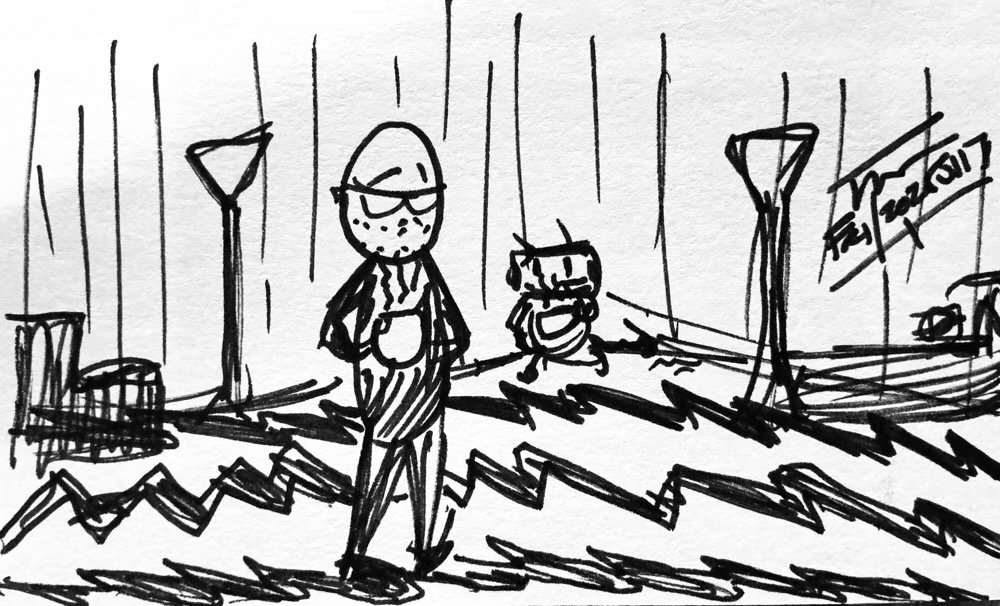Twin Peaks Title Generator | Welcome to Twin Peaks
David Lynch's "Unrecorded Night"
Alas, another Lynch project we’ll never get to see. Adore the title.
Among the very few who saw “Unrecorded Night” in any form is cinematographer Peter Deming, who collaborated with Lynch on “Twin Peaks: The Return.” Speaking to The Film Stage, Deming is giving us the first, and maybe last, details about “Unrecorded Night.”
... definitely its own original thing… It was going to be a lot of episodes, because David really liked what he called ‘the continuing story.’… Twin Peaks: The Return, we weren’t really sure how many episodes there were going to be until it got into post-production, because it wasn’t really written that way; it was written as a 550-page film. So how that was sliced and diced really was a post-production question. “Unrecorded Night” was the same way. It took me three sittings to read it because it was so thick, but it was definitely not Twin Peaks. It was definitely a really interesting… mystery, I would say.
When asked about the story, Deming was cautious but revealed it was “another LA canon” for Lynch—an original mystery blending filmmaking and Old Hollywood, likely intended as a sprawling, multi-episode narrative much like “Twin Peaks: The Return.”
via World of Reel
enter: metalshack (mind your head)
Honoring David Lynch's wisdom to always have a setup (and perhaps ameliorate today's midday concerns?) by transforming my scrap wood space into a dedicated metalwork shack behind The Shed. Still have to figure out the power situation and add fire retardant blankets or tarps as walls (including over the metal sheets that separate MetalShack fromThe Shed), but it's getting there.




